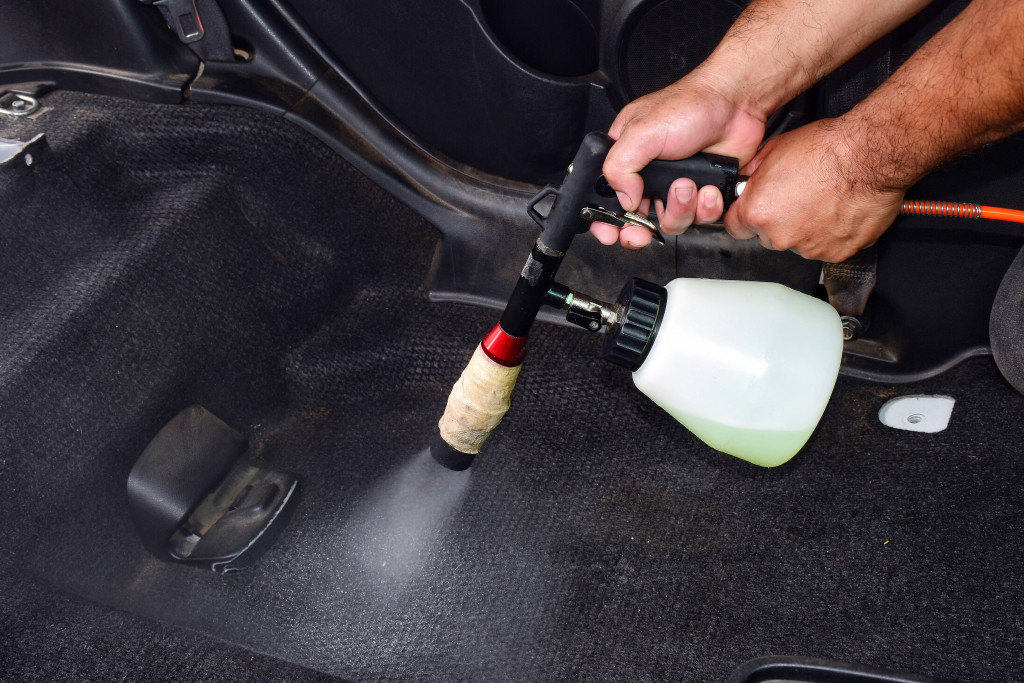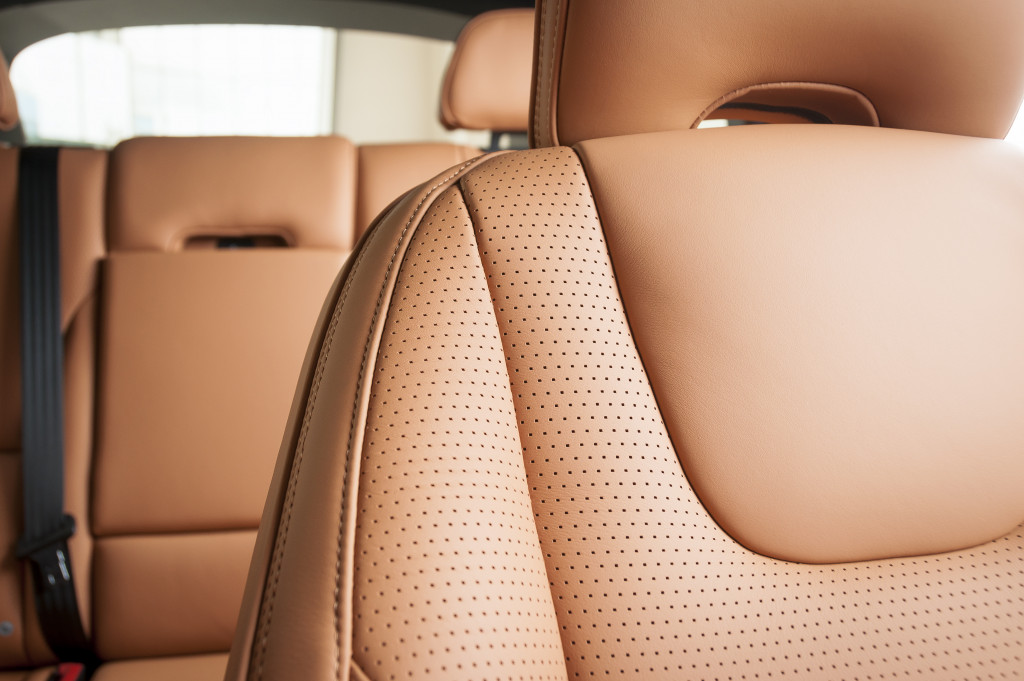- Follow your manufacturer’s recommended maintenance schedule to keep your vehicle running smoothly and safely.
- Keeping your vehicle clean will help protect the paint and prevent rust.
- Check tire pressure regularly to ensure fuel efficiency and performance.
- Regularly check upholstery for tears or stains and have them repaired by a professional auto upholstery.
- Listen to your vehicle for strange noises or vibrations and take it to a mechanic if necessary.
As a new car owner, it’s important to maintain your vehicle to keep it running smoothly and ensure it lasts for years. Proper maintenance will not only save you money in the long run, but it will also keep you and your passengers safe on the road. This guide will provide five tips for maintaining your vehicle as a new owner.
1. Follow Your Manufacturer’s Recommended Maintenance Schedule
Your vehicle’s manufacturer provides a recommended maintenance schedule that outlines when your vehicle should be serviced. Following this schedule is important to ensure your vehicle is working well.
Regular maintenance includes oil changes, tire rotations, and brake inspections. These services will help keep your vehicle running smoothly and identify potential problems before they become major. A properly maintained vehicle will also help you save money in the long run by preventing costly repairs.
It is important to stay on top of your vehicle’s maintenance schedule. Regularly scheduled maintenance helps ensure that your car runs as efficiently and safely as possible while also helping you save money. By following the recommended maintenance schedule your manufacturer provides, you can be sure your vehicle will remain in top condition for years.
2. Keep Your Vehicle Clean

Keeping your vehicle clean is not only important for aesthetic reasons, but it’s also important for maintaining the value of your vehicle. To paint and avoid rusting, it’s advisable to wash and wax your car regularly.
It’s also important to keep the interior of your vehicle clean. Regular vacuuming and wiping down surfaces will help prevent the buildup of dirt and grime, which can lead to wear and tear on your upholstery.
3. Check Your Tire Pressure
Checking your tire pressure is an important part of vehicle maintenance. Improperly inflated tires can affect your vehicle’s fuel efficiency and handling. It can also lead to premature tire wear and even a blowout.
Here are tips to check your tire pressure:
Find the Recommended Tire Pressure
Before you start, determine the recommended tire pressure for your vehicle’s tires. You can typically find this information in your owner’s manual or on a sticker inside the driver’s side door. Make sure to check all four tires and adjust accordingly.
Locate Your Tire Valve Stems
Locate each tire valve stem, which is where you’ll attach the tire pressure gauge to measure the pressure. Once you’ve located them, use an air compressor or a hand-held pump to fill up any low-air-pressure tires if necessary.
Attach Your Tire Pressure Gauge
Attach your tire pressure gauge by firmly pressing it onto the top of a tire valve stem. Make sure the gauge is securely attached, then read the pressure display on the gauge and compare it to your vehicle’s recommended PSI.
Add or Remove Air Pressure as Necessary
If the tire pressure is lower than recommended, use an air compressor or a hand-held pump to add more air until you reach the desired PSI. Conversely, press down on the metal stem to release air from your tires if it’s higher than the recommended level.
Check Your Tire Pressure Regularly
Check your tire pressure regularly, especially before long trips or in colder weather. This will help keep your vehicle’s fuel efficiency and performance up and increase the lifespan of your tires. Keeping your tire pressure at the recommended level will also make your drive safer and more enjoyable.
4. Check Your Upholstery

Your vehicle’s upholstery can take a lot of wear and tear, especially if you have children or pets. Regularly checking your upholstery can help identify any tears or stains that need to be addressed.
If you notice any damage, you should have it repaired by investing in professional auto upholstery. A reliable professional can assess the damage and provide a cost-effective solution that meets your needs. They can also provide replacement seat covers and other interior accessories that can help extend the life of your vehicle’s upholstery.
5. Listen to Your Vehicle
As a new car owner, listening to your vehicle is important. If you notice any strange noises or vibrations, checking them out as soon as possible is important.
Ignoring potential problems can lead to more significant issues down the line. If you’re unsure about sounds or vibrations, take your vehicle to a trusted mechanic for inspection.
In Closing
Maintaining your vehicle as a new owner is essential for keeping it in good working condition and ensuring it lasts for years. By following your manufacturer’s recommended maintenance schedule, keeping your vehicle clean, checking your tire pressure, checking your upholstery, and listening to your vehicle, you can help prevent costly repairs and keep your vehicle running smoothly. Remember, a bit of maintenance can go a long way in ensuring the longevity of your vehicle.
